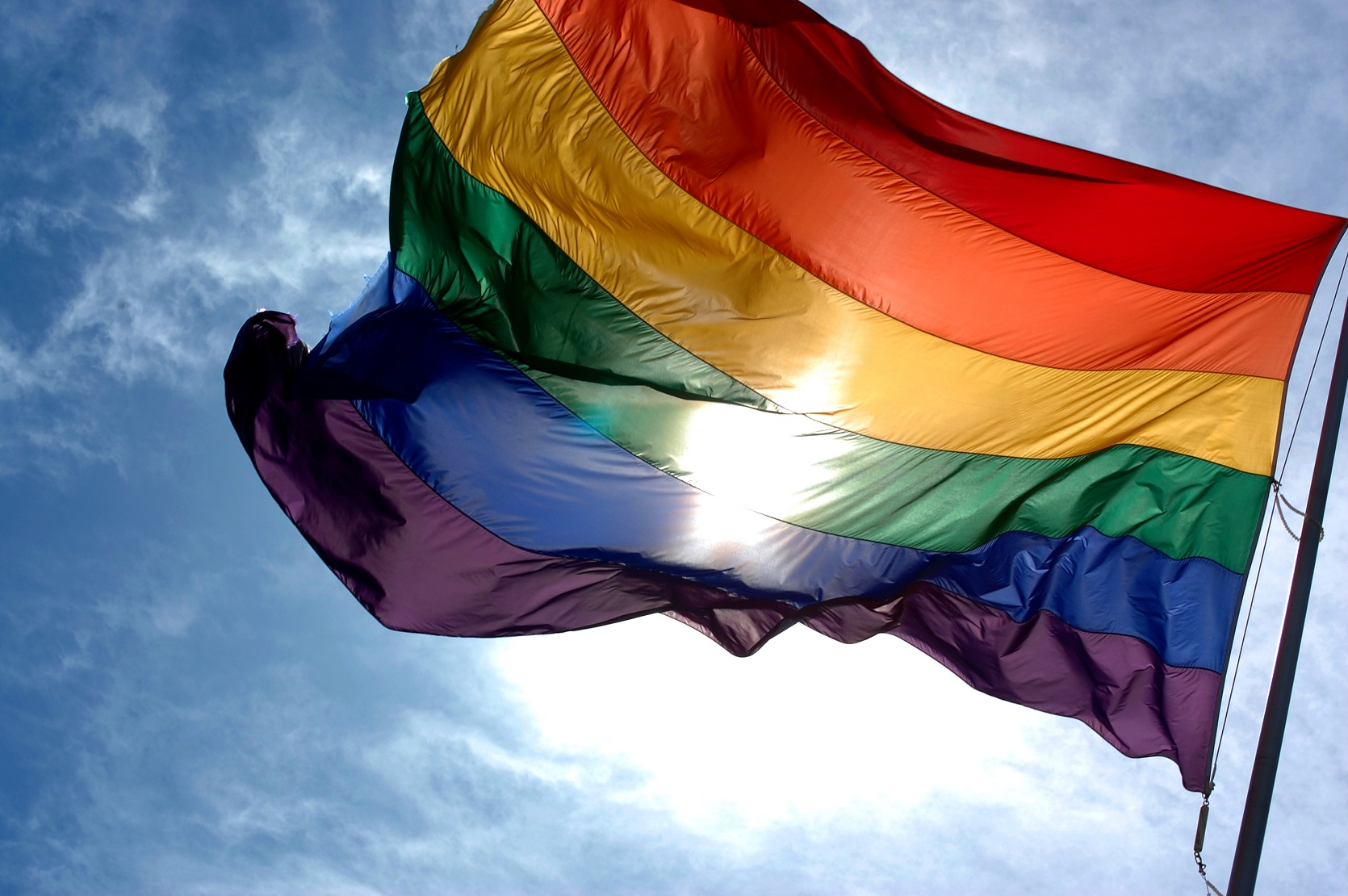In the 80s, I remember in elementary school being bullied at recess by kids calling me gay and telling me that I was going to “get AIDS, die, and burn in hell for all eternity.” Many of us know all too well what this shame, fear, and stigma feel like. We are still fighting it.
Recently, mistakes in Mpox communication, reporting, vaccine production, and distribution felt reminiscent of the crimes against our community in the early days of the HIV/AIDS pandemic. Old wounds made raw by a new epidemic had us fighting the same battles again. What have we learned?
Globally, it is estimated that there are currently 38.4 million people living with HIV and that more than 40.1 million people have died from HIV/AIDS-related complications. This is why every December 1st, on World AIDS Day, we focus on the work that lies ahead, and take intentional time for ourselves to mourn and honor those we’ve lost along the way to the virus.
HIV/AIDS is not in the distant past. It is now. Even in our region, we lack adequate, equitable access to testing, treatment, prevention, and sexual health education. Many struggle navigating their veteran or civilian health care system, or lack insurance. Many younger people don’t understand the risk factors of intimacy without prophylaxis.
Ending the HIV pandemic looks like ending homophobia and transphobia, it means ending misogyny and rape culture. It looks like health care as a human right. It looks like age-appropriate, LGBTQ-inclusive, and consent-based sex education. It looks like freely available pre-exposure prophylaxis (PrEP) and syringe services programs (SSPs). It looks like the decriminalization of sex work and substance abuse. We have work to do.
In the months leading up to Pride every year, we contribute hundreds of Festival tickets to direct service providers to incentivize HIV testing for free tickets. At the Pride Festival, we typically have at least three mobile testing units on site where this year 691 were tested over the two-day event; those who tested positive were then connected to immediate services and care. Pride offers direct trainings, public education programs, safer sex education, and free HIV testing for LGBTQ youth, in an effort to educate about HIV. By awarding community grant funding for HIV/AIDS-related services, treatment, and prevention, San Diego Pride is committed to ending new transmissions, supporting those living with the virus, and fighting the fear, shame, and stigma that many associate with the virus.
Time and community resolve have given us new tools to fight and prevent HIV infections, and have helped us understand that undetectable means untransmittable. This has turned the virus from a death sentence to a chronic illness. The goal to get to zero new infections and ending stigma is a social, political, and economic battle, but one that we can win if we work together. Pride was born out of and exists in the sexual liberation movement. This World AIDS Day, December 1st, let’s join together to remember and honor the legacy of those lost to HIV by recommitting ourselves to this work, and together we can pursue Justice with Joy.
With Hope and Pride,
FZL
